China will strive to expand its carbon trading market as soon as possible, as both trade volume and prices in the program are increasing, Zhao Yingmin, vice-minister of ecology and environment, said on Monday.
The Ministry of Ecology and Environment has been forging ahead with preparatory work to include another seven major carbon emitting industries in the market, which currently only involves the power generation sector, he told a news conference organized by the State Council Information Office.
By the end of last year, the program had seen over 440 million metric tons of carbon emission allowances change hands for roughly 24.9 billion yuan ($3.5 billion), Zhao said.
He said the trade volume in the second compliance period jumped by 19 percent, and the turnover went up by 89 percent.
"Overall, the price of carbon emission allowances shows a stable upward trend," Zhao said, adding that the price had climbed to about 80 yuan per ton, compared with 48 yuan when the market was launched.
Carbon trading is the process of buying and selling permits to emit greenhouse gases among designated emitters.
Currently, 2,257 power-generating enterprises are involved in the carbon trading market, Zhao said. It covers roughly 5.1 billion tons of emissions, representing over 40 percent of the country's total.
The program imposes carbon emission limits for every unit of electricity a power plant generates. After each cycle of trading, operators can sell any carbon allowances they have left after complying with the benchmark. If they exceed their limits, they will have to buy allowances.
On an annual basis, the ministry has carried out verification of carbon emissions accounting, not only in the power generation sector, but also in seven other major carbon emitting industries, including steel, building materials and nonferrous metals, he said.
Altogether, Zhao said, the eight industries account for 75 percent of the country's emissions.
The ministry has essentially completed drafts of a series of documents to include the seven industries in the market, including how to allocate carbon emission allowances and compile reports on carbon accounting verification, he said.
"We are proactively promoting relevant work, and will endeavor to make the first expansion of the market as early as possible," Zhao said.
Zhang Yaobo, an official with the Ministry of Justice, said a regulation introduced last month by the State Council, China's Cabinet, on the market's governance will help ensure smooth operation of the market with strengthened penalties.
"In operation of the market, the falsification of carbon emissions data has emerged," he said, adding that the new regulation includes measures to crack down on such violations.
Companies that breach the rules will have their illicit gains confiscated, and will be penalized five to 10 times the gains. The penalties should be a minimum of 200,000 yuan, but should not exceed 1 million yuan, he said.
Executives responsible for the violations and the individuals directly involved will be fined 20,000 to 200,000 yuan, he said, and they will be banned from involvement in related businesses for five years.








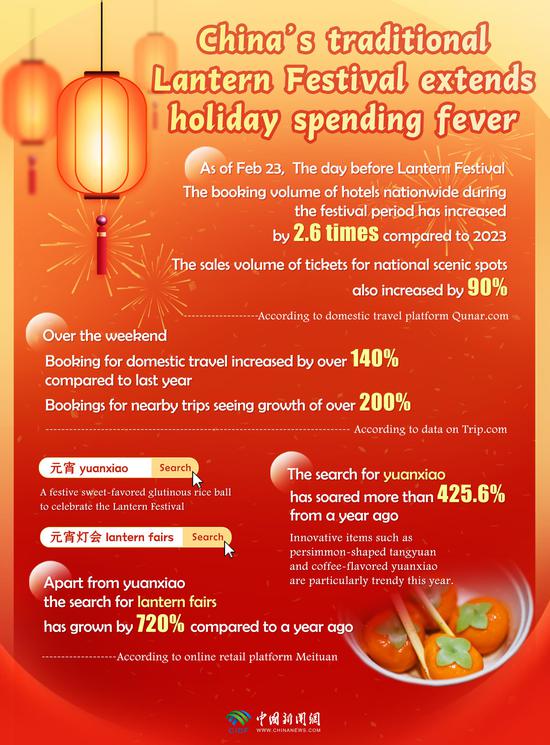

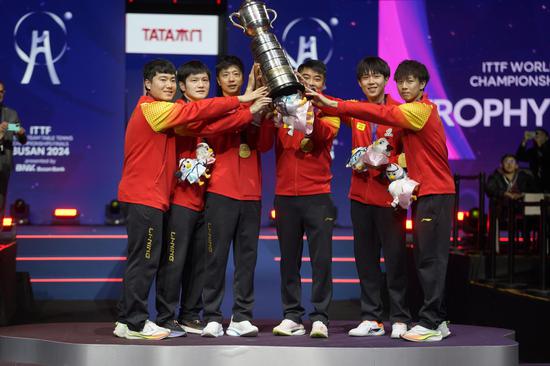




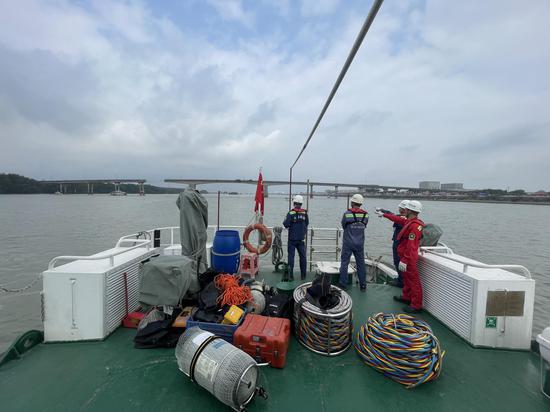


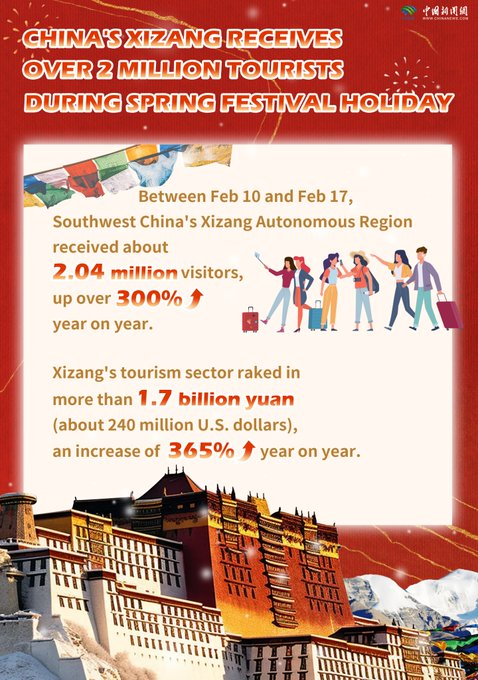
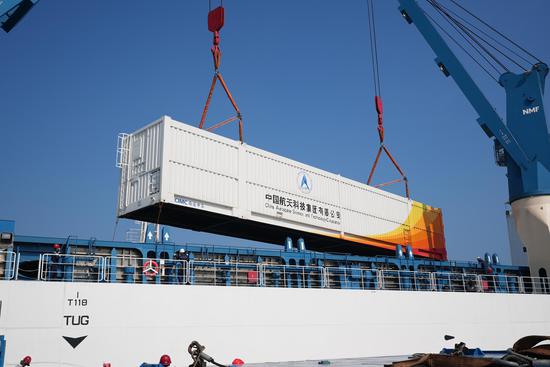

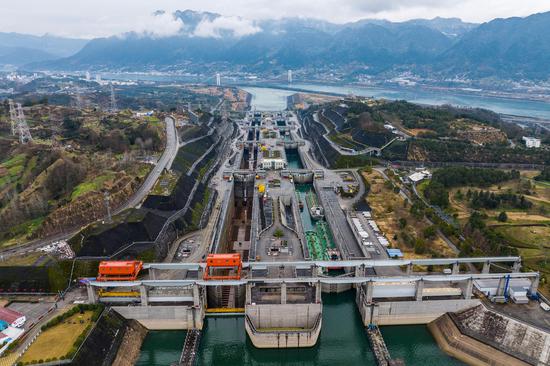




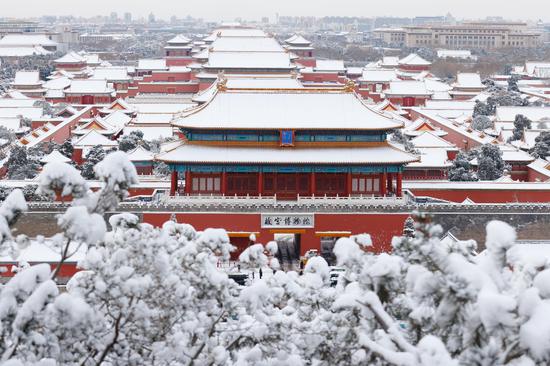
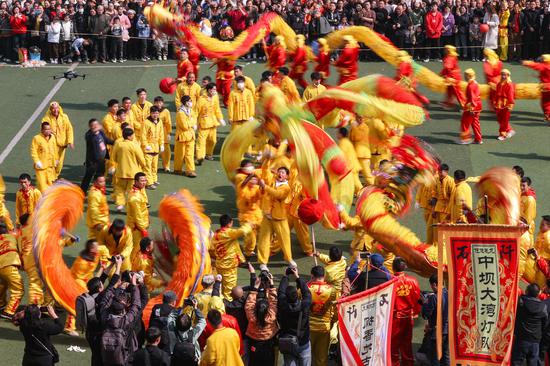






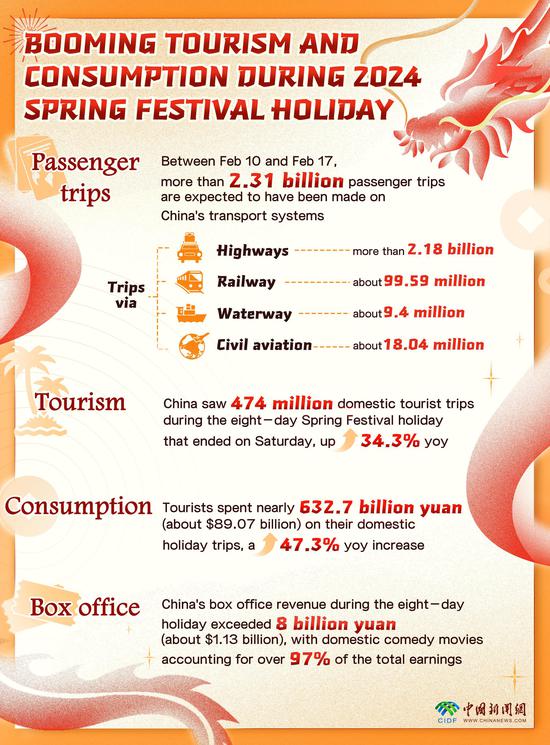
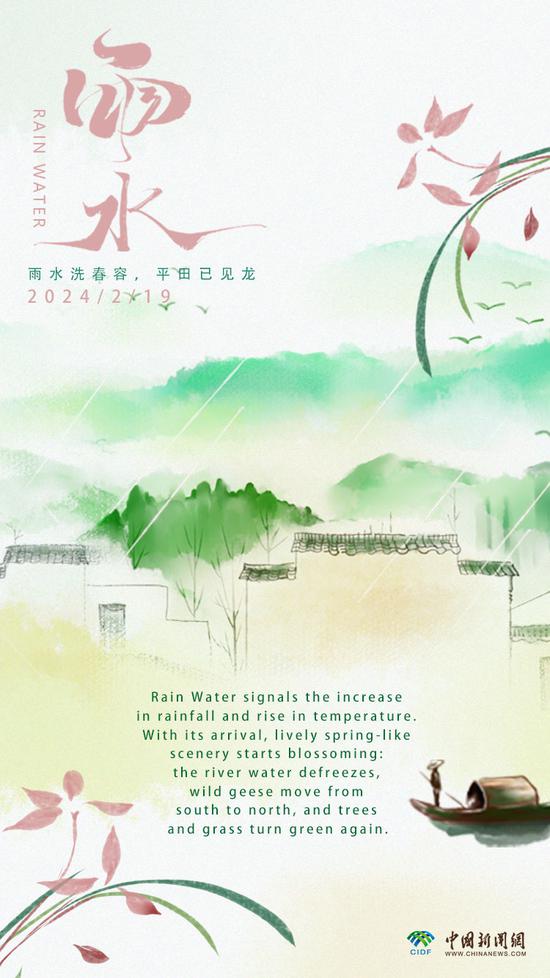


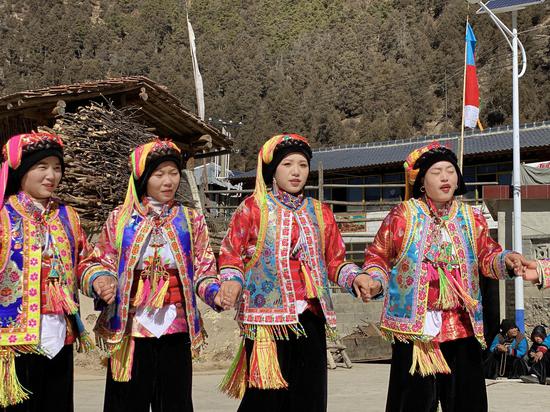

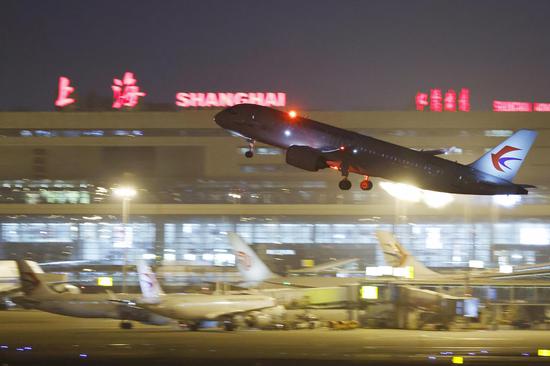
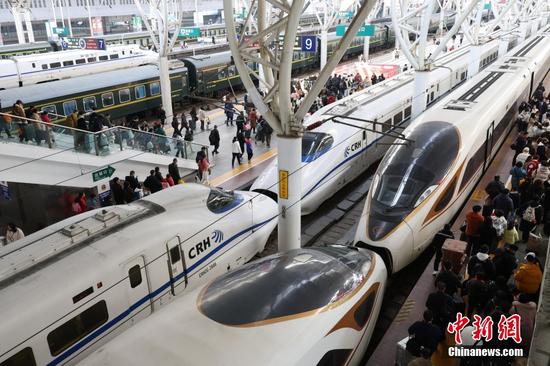
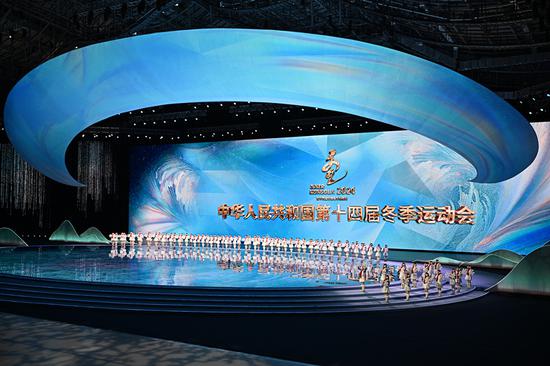







 京公网安备 11010202009201号
京公网安备 11010202009201号